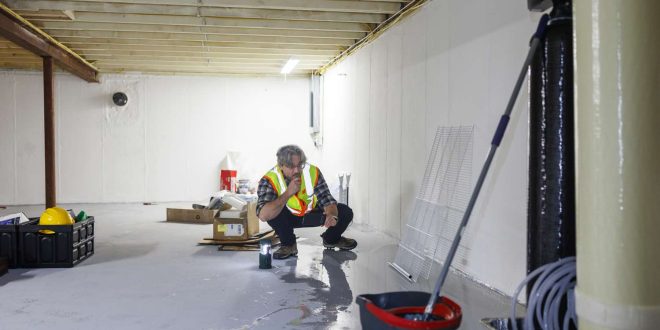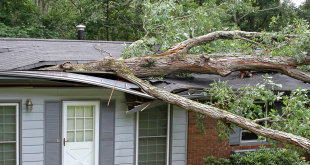Home insurance is meant to be a safety net, protecting you from financial ruin when disaster strikes your home. But navigating the often-complex world of insurance policies can be tricky, and a single misstep can jeopardize your claim. Believe it or not, there’s one seemingly innocuous word that can significantly increase the likelihood of your claim being denied. This word often crops up during the initial claims process, and understanding its potential impact is crucial for safeguarding your coverage.
The Perilous Power of “Gradual”
Okay, so, insurance. We all kinda need it, right? But have you ever felt like they’re just looking for any excuse not to pay out? Well, you might be onto something. Turns out, there’s a sneaky little word that can trip you up when you’re filing a home insurance claim: “gradual.” Yeah, sounds harmless, doesn’t it? But trust me, it can be a claim killer.
Defining “Gradual” in Insurance Terms
Many home insurance policies cover sudden and accidental damage, but specifically exclude damage that occurs gradually over time. The term “gradual” refers to damage that develops slowly and continuously. This could include slow leaks, persistent condensation, or the slow deterioration of materials due to weather exposure. Think of it like this: a sudden burst pipe? Covered. A pipe that’s been dripping for six months? Not so much.
Why Gradual Damage is Usually Excluded
Insurance companies exclude gradual damage because it’s often considered a maintenance issue rather than a sudden, unforeseen event. They expect homeowners to proactively maintain their properties and address potential problems before they escalate into major damage. Covering gradual damage would effectively turn insurance policies into maintenance contracts, which isn’t their intended purpose. I mean, can you imagine if they had to cover every bit of wear and tear? They’d go bankrupt!
Examples Where “Gradual” Can Hurt You
Let’s get into the nitty-gritty. Real-life scenarios, you know?
The Slowly Leaking Roof
Imagine a roof that has been leaking slightly for months. If you eventually file a claim, stating that the roof leak developed “gradually” over time might lead to denial. Insurers could argue that the leak was a maintenance issue that you should have addressed earlier. Instead, focus on the sudden event that brought the leak to your attention, such as a severe storm that exacerbated the existing weakness. Think of it as the straw that broke the camel’s back… or, in this case, the rain that broke the roof’s seal.
The Hidden Plumbing Leak
A slow, hidden plumbing leak behind a wall can cause significant water damage over time. If you discover the leak and describe it as something that has been “gradually” worsening for weeks, the insurance company may reject the claim. They could argue that you should have detected and addressed the leak sooner. So, what do you do? Well, you emphasize the sudden discovery of the problem, even if you suspect it’s been brewing for a bit.
How to Protect Your Claim
Alright, so how do you avoid this “gradual” trap? Here are a few tips to keep in mind.
Focus on the Sudden Triggering Event
When filing a claim, concentrate on the immediate event that caused the damage to become apparent or significantly worse. For example, instead of saying “the roof has been leaking gradually for months,” say “the recent heavy rainstorm caused a section of the roof to collapse, revealing an existing leak.” It’s all about framing, folks! It’s not about being dishonest, but about highlighting the sudden aspect.
Document Everything Thoroughly
Take photos and videos of the damage as soon as you discover it. Document the date and time you noticed the issue, and any relevant details about the event that triggered it. Detailed documentation can help support your claim and demonstrate the sudden nature of the damage. The more evidence, the better, right?
Consult with a Public Adjuster
If you’re unsure how to approach your claim or if you’ve already received a denial, consider consulting with a public adjuster. Public adjusters are experts in insurance claims and can advocate on your behalf to ensure you receive a fair settlement. They can help you present your claim in a way that highlights the sudden and accidental nature of the damage. Think of them as your insurance claim whisperers. Seriously, they know the ins and outs of these policies like the back of their hand!
So, there you have it. The word “gradual” and its potential to derail your home insurance claim. Not the most exciting topic, I know, but definitely something worth being aware of. By focusing on the sudden triggering event, documenting the damage thoroughly, and seeking professional help when needed, you can significantly increase your chances of a successful home insurance claim.
 seeme
seeme




